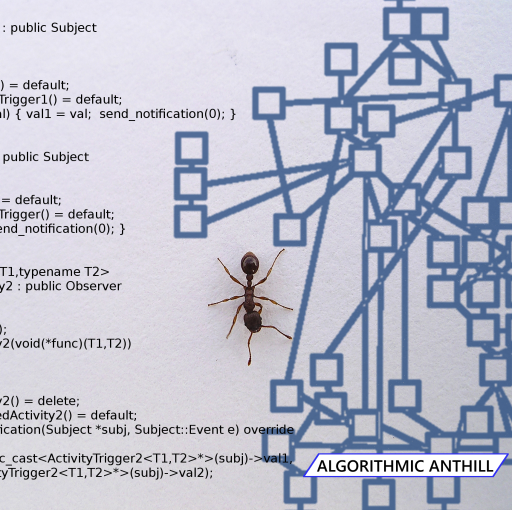One of the more involved aspects of the Argus story engine is how characters learn and express information about each-other. Some of that knowledge is just used for conditional narrative, but the most important part (currently) is how characters address each-other.
Names, titles, nationality, differing levels of formality, age, gender, and more, all get churned through sets of constructs provided by the story, which ultimately result in some form of address. That’s what I call the reference model. It’s updated as characters learn new information about each-other, and gaps in the knowledge-structure are filled in with assumptions, where no direct knowledge exists.
And annoyingly, way down in scene 360, one of the characters seemed suddenly unable to create a valid form of address for the character she was speaking to.
